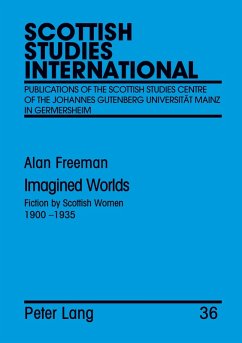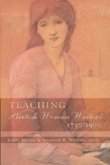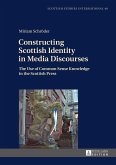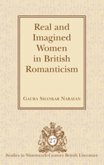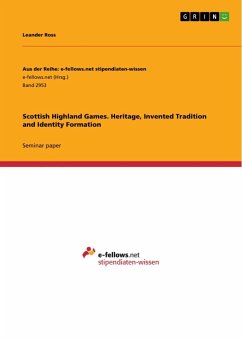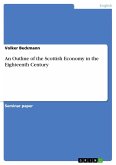This is a study of fiction by Scottish women spanning the late 1890s to the early 1930s. Seven authors are included: Violet Jacob, Mary and Jane Helen Findlater, Lorna Moon, Catherine Carswell, Willa Muir, and Nan Shepherd. It identifies a continuity of development within and between the women's careers. Each evolved from writing narratives expected of fiction aimed at the women's market to more innovative forms which increasingly questioned traditional values. From this perspective we can locate the authors in an intriguing relation to the contexts of Scottish literature, modernist sensibility, and to the feminism asserting itself in that age of upheaval.
«On the whole, then, students of Scottish literature will feel grateful to Freeman for fostering the re-introduction of writers like the Findlaters into the Scottish literary canon, or rather, for suggesting, in line with other scholars interested in Scottish women writers, ways in which this canon can be redefined so as to make their inclusion not only possible but necessary. It is therefore to be hoped that Freeman's 'Imagined Worlds' will stimulate more detailed investigations into the fictional worlds of Jacob, the Findlaters, Carswell, Moon, Muir, and Shepherd.» (Silvia Mergenthal, Anglia, Zeitschrift für Englische Philologie)

